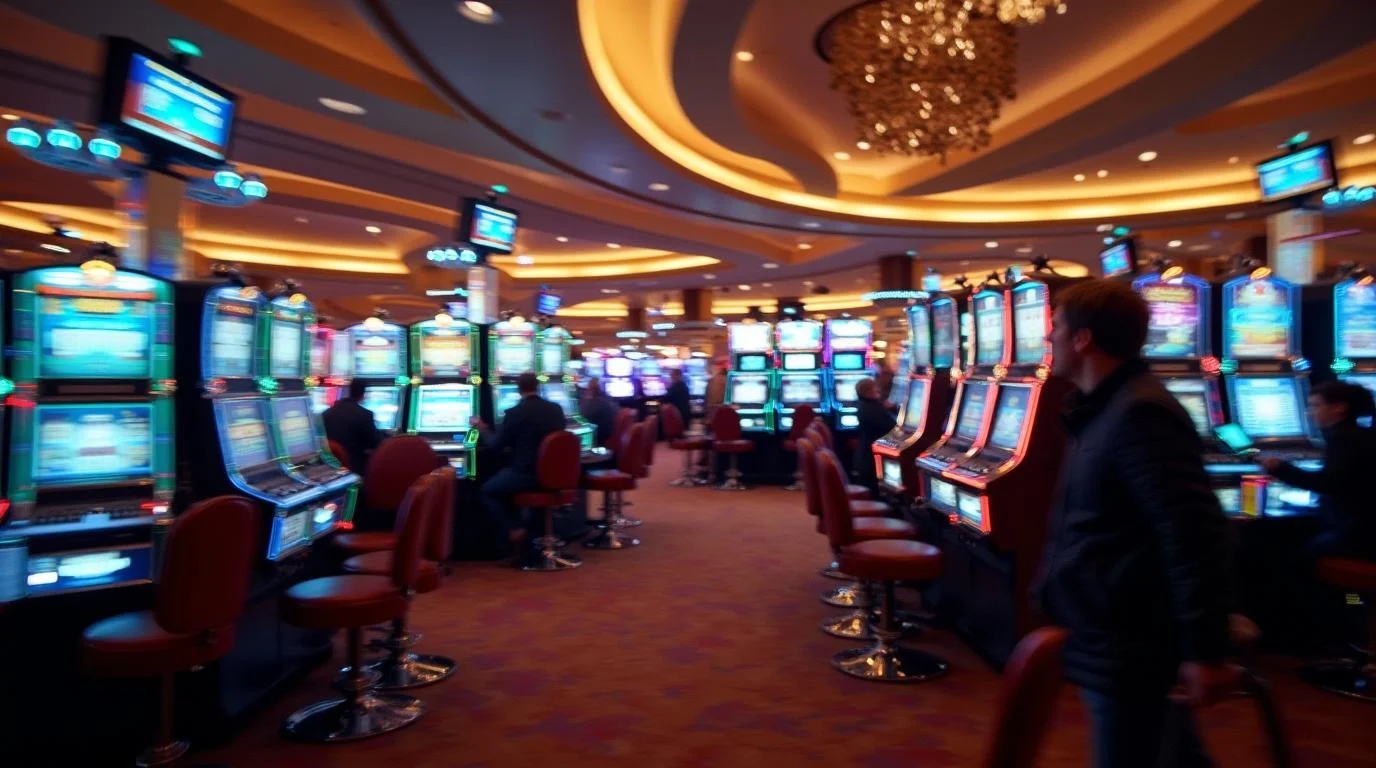Court Rejects Appeal of Problem Gambler in Lawsuit Against MGM

1.0
Default
The US Court of Appeals for the Third Circuit has just denied an appeal in a case brought forth by self-proclaimed 'problem gambler' and heir to an electronics company fortune, Sam Antar. Antar has sued MGM Resorts International, BetMGM, and Borgata Hotel and Casino for allegedly engaging in unacceptable business practices as they continued to offer incentives and bonuses even while they knew he was suffering from a gambling addiction.
In a decision that could shape the future of litigation against casino operators, the US Court of Appeals for the Third Circuit has ruled that casinos do not owe a special duty of care to individuals suffering from gambling addiction. The ruling affirms the dismissal of a lawsuit filed by Sam Antar, a self-identified problem gambler and heir to the 'Crazy Eddie' electronics fortune, who accused several major casino companies of exploiting his addiction for profit.
The appellate court's opinion, issued Monday, solidifies a lower court's January 2024 ruling that dismissed Antar's claims against MGM Resorts International, BetMGM, and Borgata Hotel Casino and Spa.
Allegations of exploitation and unconscionable practices
Antar's complaint centered on the casinos' use of aggressive promotional tactics, particularly through their VIP host programs. According to court documents, he wagered over $24 million and made over 100,000 bets online between June of 2019 and January of 2020. Antar claimed that despite being aware of his compulsive gambling behavior, casino employees persistently offered him bonuses, credits, and other incentives to keep him gambling.
Matthew Litt, Antar's attorney, previously argued that the casinos' actions amounted to predatory behavior, calling the current legal framework "prehistoric" in its treatment of online gambling. He contended that the New Jersey Casino Control Act was outdated and failed to protect vulnerable individuals from being exploited by operators.
Court finds no fraud or negligence
However, the appellate court disagreed. Writing for the three-judge panel, Circuit Judge Jane Richards Roth stated that the casino's communications with Antar were not deceptive under New Jersey law. "Antar was fully aware that the text messages from his VIP hosts offering bonuses, credits, and deposit matches were exactly as the hosts represented - enticements to continue to gamble," Roth wrote.
Judges Cindy Chung and Stephanos Bibas joined in the unanimous opinion, which concluded that the casinos' conduct did not meet the threshold for fraud. Specifically, the panel determined that the messages Antar received lacked the "capacity to mislead," a requirement under the New Jersey Consumer Fraud Act.
Addressing the negligence claim, the court reinforced established legal precedent, stating that gambling establishments do not owe a special duty of care to problem gamblers. The opinion noted that courts nationwide have "uniformly rejected" the notion of holding casinos liable for individual gambling behavior.
"Metaphysical" causation and industry protections
The court also pointed to the inherent challenges in proving direct causation for gambling losses, referencing prior case law to emphasize the complexity involved. "[G]ambling losses present almost metaphysical problems of proximate causation," the opinion stated, quoting precedent that acknowledges the house's built-in advantage in all standard betting transactions.
The decision demonstrates New Jersey's regulatory approach, which the court described as "comprehensive and minutely elaborate." While the Casino Control Act provides strict oversight of gaming operations, it deliberately limits private legal remedies in order to protect both consumers and the financial sustainability of the industry.
Next stop: The Supreme Court?
In response to the ruling, Antar's attorney signaled that the legal battle may not be over. Litt confirmed that a petition to the US Supreme Court is under consideration. "This is a non-precedential opinion based on the old pre-amended version of the New Jersey Consumer Fraud Act," said Litt. "While I'm very disappointed for Mr. Antar, this does nothing to slow our fight to protect addicted gamblers and their families from the predatory practices of the casinos."
Still, the court's affirmation deals a major setback to efforts aimed at holding casinos civilly liable for encouraging excessive gambling. With the debate over the responsibilities of gambling operators in the digital age, the ruling may have implications for similar lawsuits across the country.




















